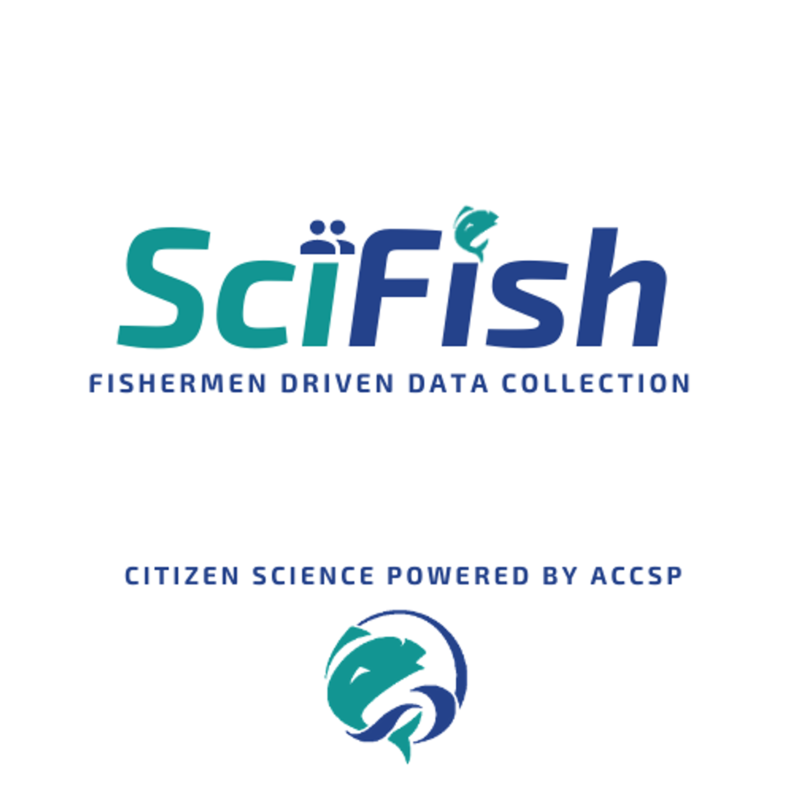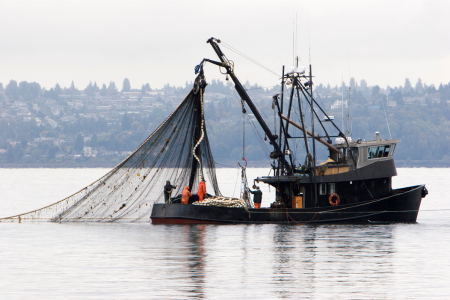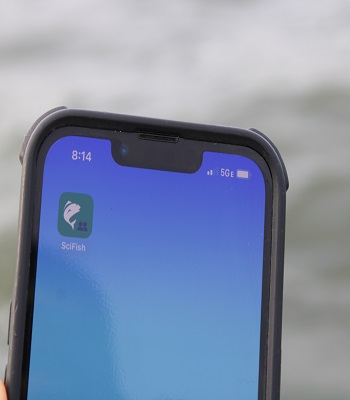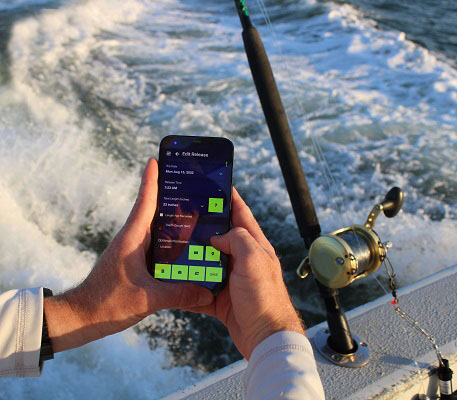Vision and Mission
Vision Statement:
To create a citizen science mobile application that encourages and supports the capture and sharing of data on Atlantic coast fisheries.
Mission Statement:
- Standardize collection of citizen science data from Atlantic coast fisheries
- Provide a single platform for multiple data collection projects
- Provide a flexible project builder to create new data collection projects with minimal resources
- Provide access to data that supports fisheries stock assessment and management

SciFish
Data collected through projects on the SciFish platform will be stored in ACCSP’s data warehouse. Project managers are responsible for QA/QC for data within their projects. Interested parties should contact project managers for access to project data. The purpose of SciFish is streamline, centralize, and decrease the resources needed to develop a mobile application. All other aspects of the project will need to be funded through other avenues.
-
SAFMC Release partners with commercial, recreational, and for-hire fishermen to gather information on released shallow water and Red Snapper in the South Atlantic. Data gathered through the project provide insight into the size of released fish and how many of those released fish survive. Join the project and make a difference in your snapper grouper fishery!
Contact: Julia Byrd
-
NC Catch-U-Later
The NC Division of Marine Fisheries partners with recreational anglers to collection information on released flounder in North Carolina. Anglers use the Catch-U-Later app to upload pictures and record information about their released flounder. This project aims to more accurately determine the species composition and length frequency distribution of North Carolina’s recreational flounder catch.
Contact: Jeff Moore
SciFish Advisory Panel
The SciFish Advisory Panel (SAP) provides primary oversight for SciFish and is comprised of individuals with citizen science expertise. SAP roles and responsibilities include drafting and recommending updates to SciFish policies and procedures, oversight and implementation of the SciFish application process, and coordination and review of annual SciFish project updates. Membership includes one representative from each of the following categories:
- each region (Northeast, Mid-Atlantic, and Southeast),
- a federal agency,
- a state agency,
- a Council or Commission,
- each of the following ACCSP Committees (Coordinating Council, Operations, and Advisors/Industry), and
- an ACCSP staff member.
Development of Projects in SciFish

Who can develop projects?
Projects developed in the SciFish platform must have an ACCSP partner as a principal investigator (PI) or be sponsored by an ACCSP partner.
Sponsoring a project
Partner sponsors must provide a letter of support to indicate why they feel the project is valuable, identify how the data collected will be used for management or assessment, and outline a plan to monitor project progress. Sponsorship provides an opportunity for partners to endorse/support a SciFish project that will further fisheries management.
Data Fields in the current SciFish Project Builder
Biological sample collected (Y/N)
Comment
Date
Depth
Descending device usage (Y/N)
Fish tab number
Fish tag color
Gear (amount and type)
Hook location
Hook type
Hours fished
Information collected in other survey (Y/N)
Length
Length type
Line cut
Location (area fished, state, and GPS)
Number of fish (kept or released)
Number of people fishing
Photo
Predation (Y/N)
Primary target species
Released disposition
Species
Time (of fish caught or released)
Trip type
Venting (Y/N)
Adding New Fields to SciFish
Data fields currently supported in the SciFish Project Builder are listed here. These data fields were identified via a series of scoping meetings held in spring 2021 with stakeholders along the Atlantic coast. In the future, additional data fields can be added to the project builder. The SAP is collecting new potential fields, but they will not be added to the application at this time.
Partners can submit new data field requests to the SAP via the form below. The SAP will review the requests following a similar approach to ACCSP’s standard codes review process. The ACCSP staff person for the Standard Codes Committee will be included in the review and discussion to ensure ACCSP standards are used whenever possible.
Resources
See links below for resources and tool to help develop citizen science projects. Additional resources are available in the SciFish Policies and Procedures.
SAFMC Citizen Science Program & Project Support Resources
Includes example outreach, communication, and volunteer training approaches; templates for a communication plan, data standards and data requirements documents; list of funding opportunities.
Association Advancing Participatory Sciences / Citizen Science Association
Community of practice built on collaboration with a mission to advance citizen science through communication, coordination, and education.
Federal Crowdsourcing & Citizen Science Toolkit
Produced in collaboration with the White House Office of Science and Technology Policy (OSTP) and the Federal Community of Practice on Crowdsourcing and Citizen Science (CCS) and is intended to help Federal agencies and others design, carry out, and manage citizen science and crowdsourcing projects.
US Forest Service Citizen Science Toolkit
Project planning guide covers the fundamentals of setting up a citizen science project, including how to determine if citizen science is right for your project.
Informing a Framework for Citizen Science within the US Fish and Wildlife Service (Bonney and Shirk 2015)
Provides key components of citizen science design and management that should be considered in developing and implementing a program or project and interests that need to be considered throughout the life of a project.



